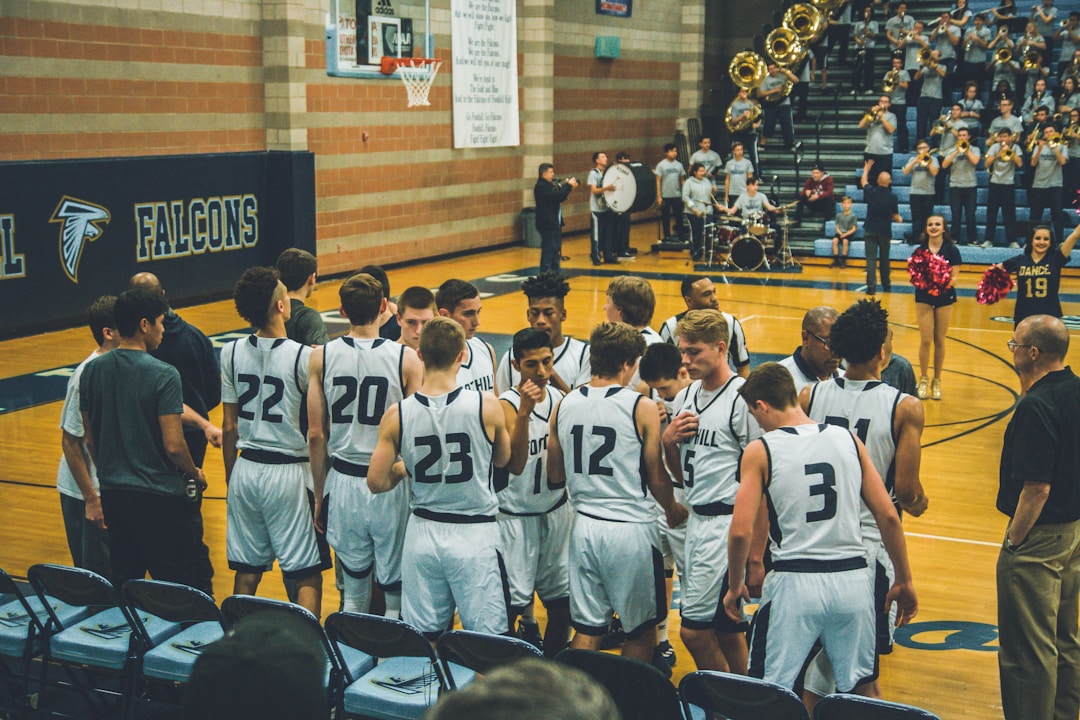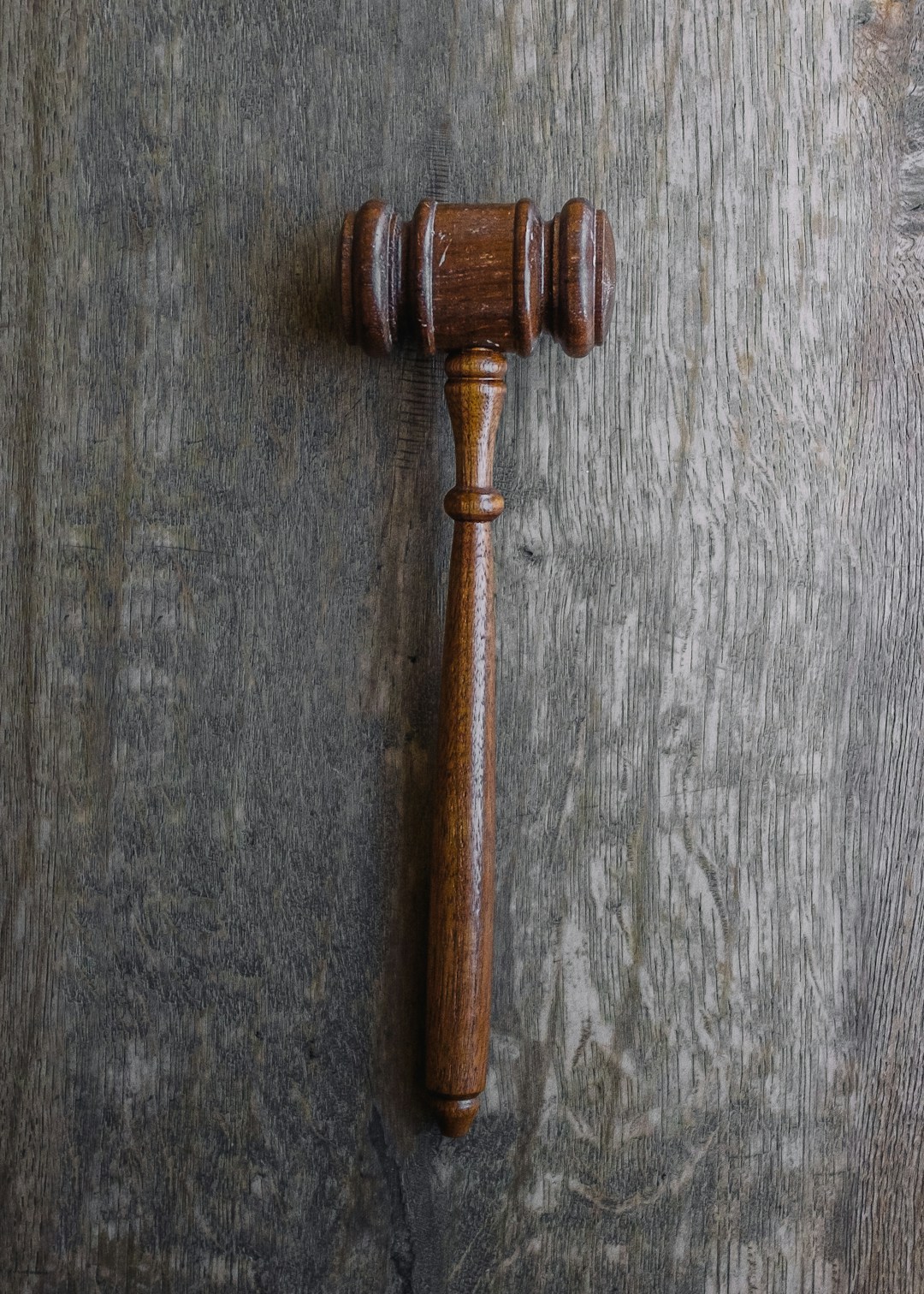What Work is, is a poem by Philip Levine, an American poet often considered the poetic voice of the American working class. It is part of a collection by the same title, where the author has given voice to the exploitation of the workforce in the large industrial cities of the midwest, particularly in the automotive sector. We find , in this poem, a brilliant description of Work, perceived through an almost marxist lens of class opposition.
This post belongs to my Poetry & Management collection. Poetry has always been one of my favourite forms of expressions, probably one of the eclectic sides of my multipotentialite trait. I feel it can be really useful as support in our management and leadership quests, as it is probably one of the greatest tools of sense-making and self-expression. Which is why I will be sharing more of these over time.
What Work Is
We stand in the rain in a long line
waiting at Ford Highland Park. For work.
You know what work is – if you’re
old enough to read this you know what
work is, although you may not do it.
Forget you. This is about waiting,
shifting from one foot to another.
Feeling the light rain falling like mist
into your hair, blurring your vision
until you think you see your own brother
ahead of you, maybe ten places.
You rub your glasses with your fingers,
and of course it’s someone else’s brother,
narrower across the shoulders than
yours but with the same sad slouch, the grin
that does not hide the stubbornness,
the sad refusal to give in to
rain, to the hours wasted waiting,
to the knowledge that somewhere ahead
a man is waiting who will say, “No,
we’re not hiring today,” for any
reason he wants. You love your brother,
now suddenly you can hardly stand
the love flooding you for your brother,
who’s not beside you or behind or
ahead because he’s home trying to
sleep off a miserable night shift
at Cadillac so he can get up
before noon to study his German.
Works eight hours a night so he can sing
Wagner, the opera you hate most,
the worst music ever invented.
How long has it been since you told him
you loved him, held his wide shoulders,
opened your eyes wide and said those words,
and maybe kissed his cheek? You’ve never
done something so simple, so obvious,
not because you’re too young or too dumb,
not because you’re jealous or even mean
or incapable of crying in
the presence of another man, no,
just because you don’t know what work is.
Philip Levin
Source: Philip Levine, What Work Is (Alfred A Knopf, 1992)
A Short Comment
What Work Is tells a story of two brothers, one waiting in line to get some work for the day, the other instead resting at home after a hard night of work. Many comments on this poetry focus on the opposition between classes. The brother at home has to work overnight so that he can sing the opera, a typical upper-class activity. The brother that is waiting in line has to accept the will of the supervisor, who can choose or not to give him work for the day.
What however I’m more interest in, within this poem, is the question at the beginning: You Know What Work Is at the beginning of the text. And its conclusion: just because you don’t know what work is. Work is not defined through the relationship of the two brothers: it is clear that Work is here perceived as an alienating feature of life, necessary for survival, but not fulfilling the desires of the individuals. The opera singing of the one, for example. It’s a great description of the negative impact of the Work as Job discourse we have seen, focused on the metaphor of the blue-collar worker we have also suggested. It’s also a great example of one of the big lie of management, the idea of a balancing act between private and professional lives.
A great example of how Poetry can help us also reflect on the impact of the Meaning of Work.
What do you think about this poem? Make sure to add a comment below.

Comments and Feedbacks
More posts like this










